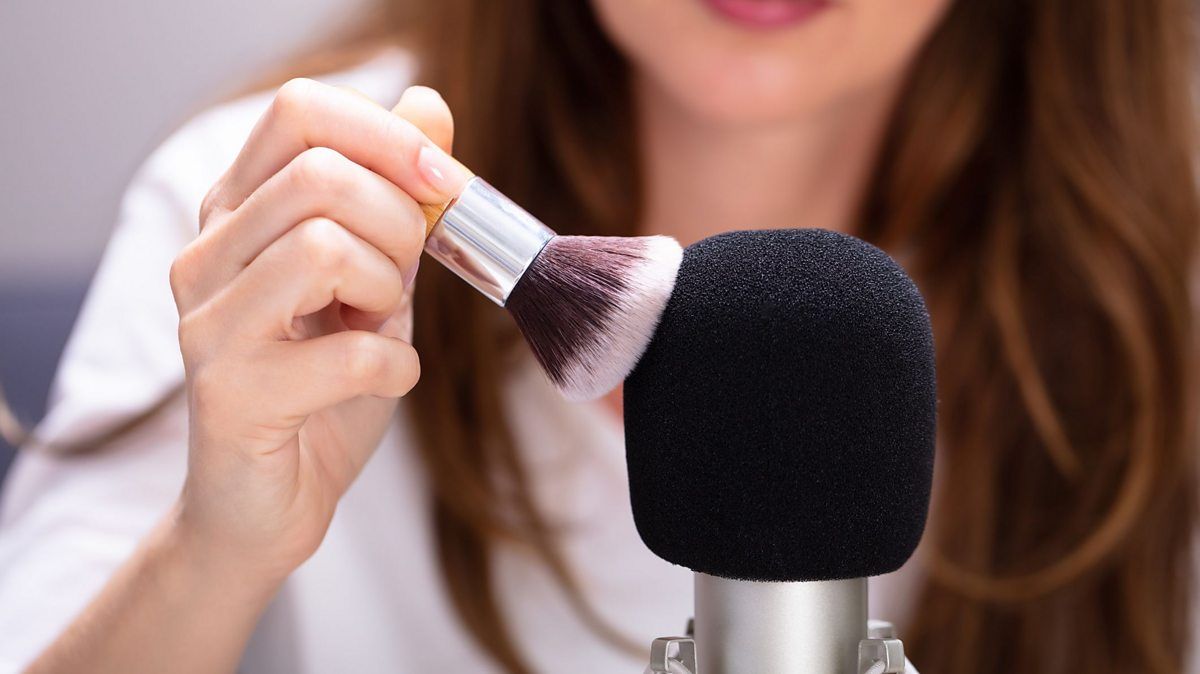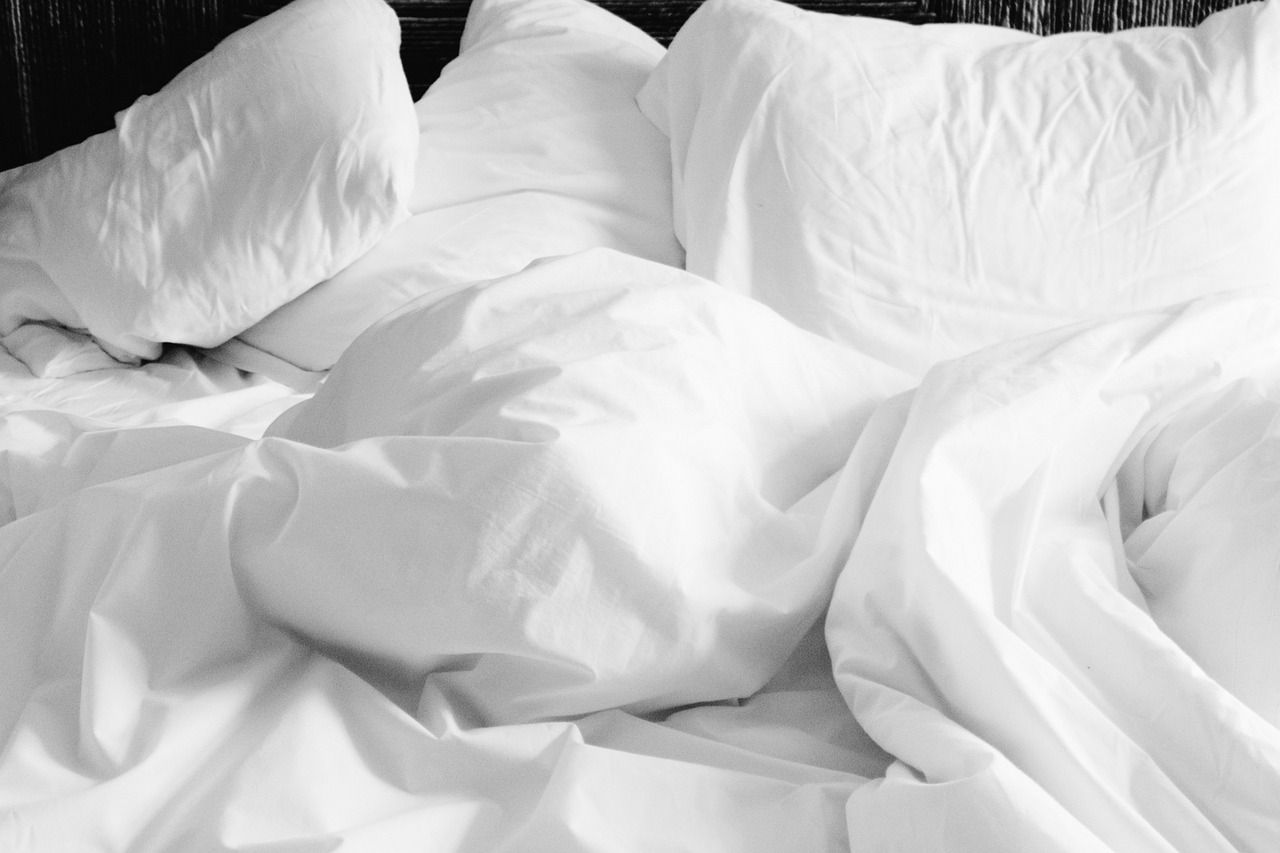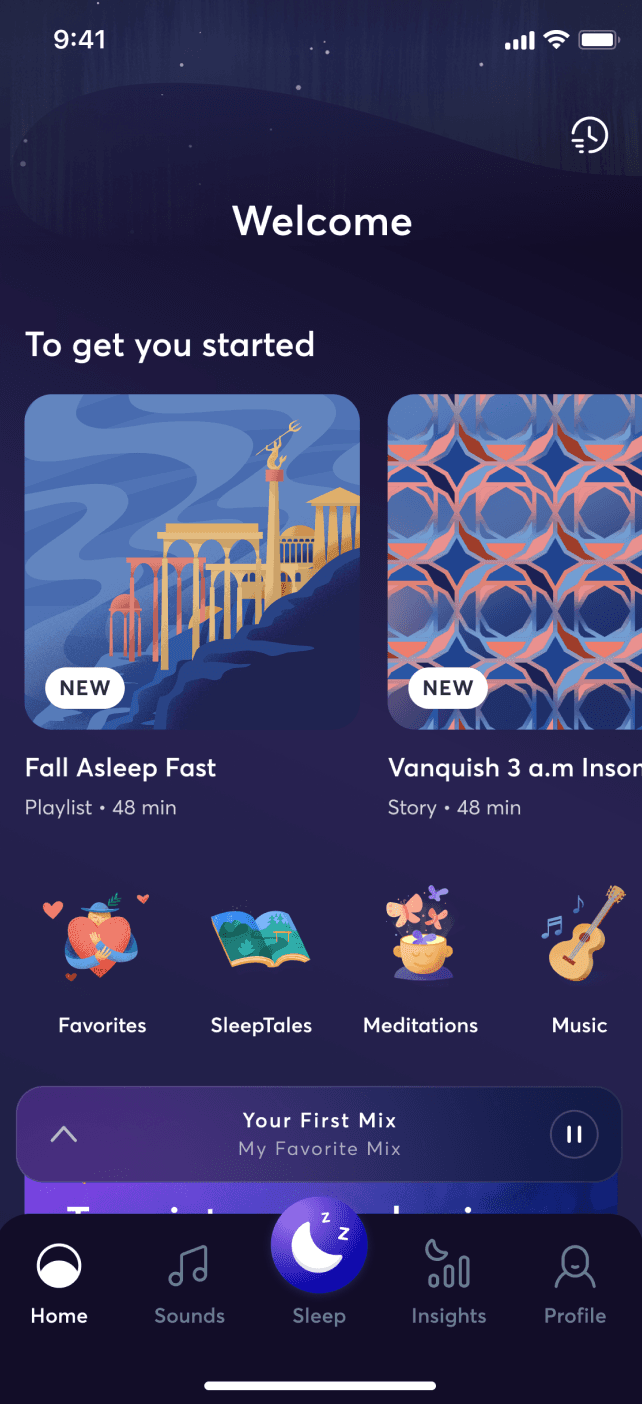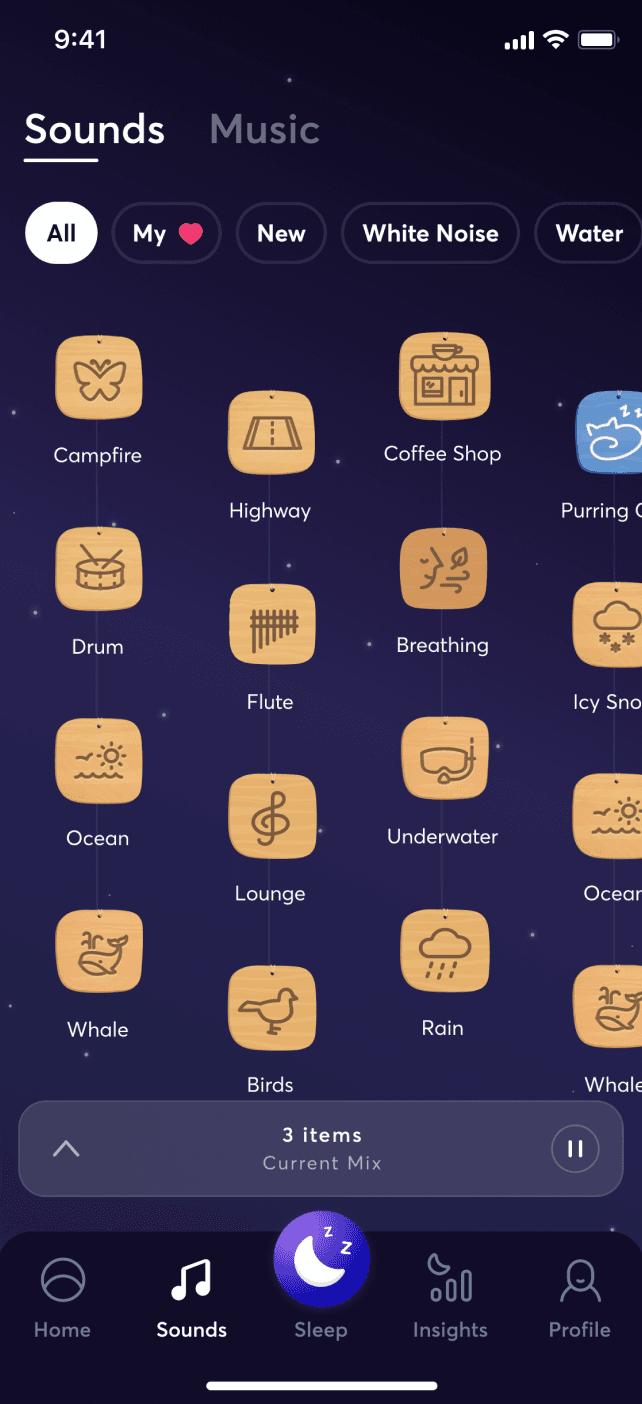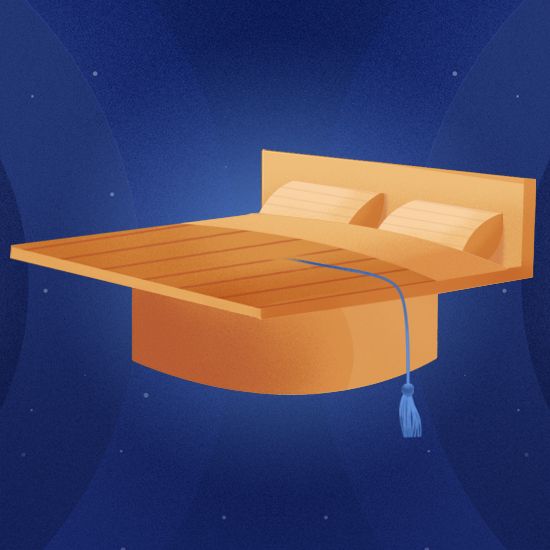
Better Sleep: Your Secret Weapon for Academic Success
It’s easy to understand why many people are motivated to succeed in school. Academic success increases our chances for good job opportunities and a higher salary. It also boosts self-esteem and makes us feel better.
Work Hard, Play Hard?
College and university advisors recommend multiple steps and strategies that a student can follow for academic success. Advisors suggest that students set goals, manage time, and work hard. They also advise students to stay focused and be happy. This is excellent – but what should students do to actually improve their grades? Some say “work hard, play hard”.
Students, naturally, think that working hard means spending more time studying. Because they have limited time and multiple demands, they frequently pass up sleep to study at night. They push hard, thinking that working long and hard is a good investment that will yield strong results. However, research shows that this is not the most effective course of action, and in fact quality sleep can help students to “work smarter, not harder”.
Studies show that when it comes to academic performance, the cost of reduced sleep outweighs the potential benefits of more time spent studying. This is because key factors to academic success, like attention, learning and memory, are also the most sensitive to inadequate sleep. Trading study time for sleep time means a student is shooting themself in the foot!
Sleep is the most powerful cognitive enhancer, out-performing both stimulants and coffee. Quality sleep is associated with increased focus, attention, learning ability and memory. Balancing the amount of time spent studying and sleeping is an important key to success.


Why Does Short or Poor Sleep Impair Academic Performance?
Reading, writing, solving problems, attending lectures - all of these activities require sustained attention for a relatively prolonged period of time. A sleep-deprived person cannot sustain attention well. Sleep deprivation causes “lapses” - microsleep episodes that interrupt focus and negatively affect performance. Trying to perform activities without adequate rest exhausts the part of the brain that supports attention, ultimately impairing academic performance.
The information we learn during the day is kept in a temporary storage area of the brain (the hippocampus). For this new information to stay in our memory, it must be moved into the long-term storage area of the brain (neocortex). Information is moved from temporary to long-term brain storage through memory consolidation. This process occurs when we are sleeping during the night and when we are napping during the day. Memory consolidation is particularly important when we need to remember a large amount of new material, such as during an exam period. Insufficient or poor sleep impairs memory consolidation, resulting in poor retention of information. This is one of the reasons why infants, young children and adolescents who go through intensive periods of learning need more sleep than adults.
Learn Smart, Play Smart!
Rather than relying on “work hard, play hard” as a means to succeed academically, students need to be strategic and “learn smart, play smart”. One important strategy is to spread learning through the semester and seek to master information or skills in small steps. By the end of the semester, the material is familiar and the student has to review it but not learn it from scratch. Another helpful strategy is to consider “time economy” - seek to balance time between studying and sleeping in a way that optimizes learning.
How to Optimize Your Sleep for Better Learning
Prioritize your sleep
This is easier said than done, but it is possible! Clear your schedule so that you can go to bed when you are sleepy and have enough time to get your optimal sleep duration.
Determine your optimal sleep duration
Sleep should not be too short or too long – rather – the optimal duration should be based on the person’s age and their feeling of being well-rested. Set a predetermined wake-up time, such as the school or work start time, as an anchor. From there, count back 7, 8 or 9 hours (depending on your age and your individual preference) and determine a desired bedtime. This creates an ideal sleep schedule for your lifestyle.
Get enough high-quality sleep on a regular basis – not just on nights before exams
You should aim to sleep well throughout the period when the tested topics are being taught. Remember - sleep is crucial during the time the material itself is learned. Therefore, simply getting good sleep the night before the exam is not sufficient.
Small changes count
If you cannot get your ideal sleep duration on a regular basis, remember that even small changes help! Studies have shown that small increases in sleep duration – even 28 minutes more per night on a regular basis - are associated with improved grades in mathematics and languages, and significantly improved functioning in school.
Maintain a consistent sleep schedule
When the sleep schedule and/or duration vary from day to day, such as when you have short sleep during weekdays and oversleep on weekends, school performance suffers. Keeping a consistent sleep schedule will help you make the most of your sleep.
Protect yourself against the effects of sleep deprivation
Your sleep/wake routine determines how much your attention deteriorates during a period of sleep loss. If you are about to enter a busy stretch, spending more time sleeping prior to this period will limit to some extent the impact of sleep deprivation on your attention and performance.


Get the Most Out of Your Studying
Plan
Plan your studying by calculating how much material you have to cover each week so that you have already been over everything at least once by the time you take exams or submit assignments. You will then just have to review and deepen your understanding of the material before exams. This will improve your performance and lower your stress level.
Feed your focus
Take short rest breaks as you are working through your tasks. This will preserve your focus by allowing your brain to recuperate.
Switch periodically from your main task to a brief engagement in a different task. This will help you to sustain attention for a longer duration.
Optimize learning
Ensure that you have sufficient and good sleep prior to attending class. Research indicates that well-rested people have a significantly greater ability to retain new information.
Optimize memory
Sleep or nap after learning new information or new skills. Research indicates that when people sleep right after a learning session, they remember the information better. If you think napping is helpful, make sure you avoid taking multiple naps across the day or too late in the evening so that it does not hurt your sleep at night.
Damage control
It is better to avoid sleepless nights. However, if they seem unavoidable, keep in mind that cognitive deficits are felt most in the morning hours, and smaller performance deficits are seen in the afternoon and evening. Check your exam time and seek to avoid sleepless nights prior to early-morning exams.
Sleep!
Remember, the effect of sleep loss can only be undone by sleep.
Author Bio
Reut Gruber is a scientist, psychologist and sleep expert. She is an associate professor in the department of psychiatry at McGill University and director of the Attention, Behaviour and Sleep lab at the Douglas Mental Health University Institute; Diplomate of the American Academy of Cognitive Therapy (ACT) USA; Licensed Psychologist, l’Ordre des Psychologues du Québec (OPQ), QC, Canada.

